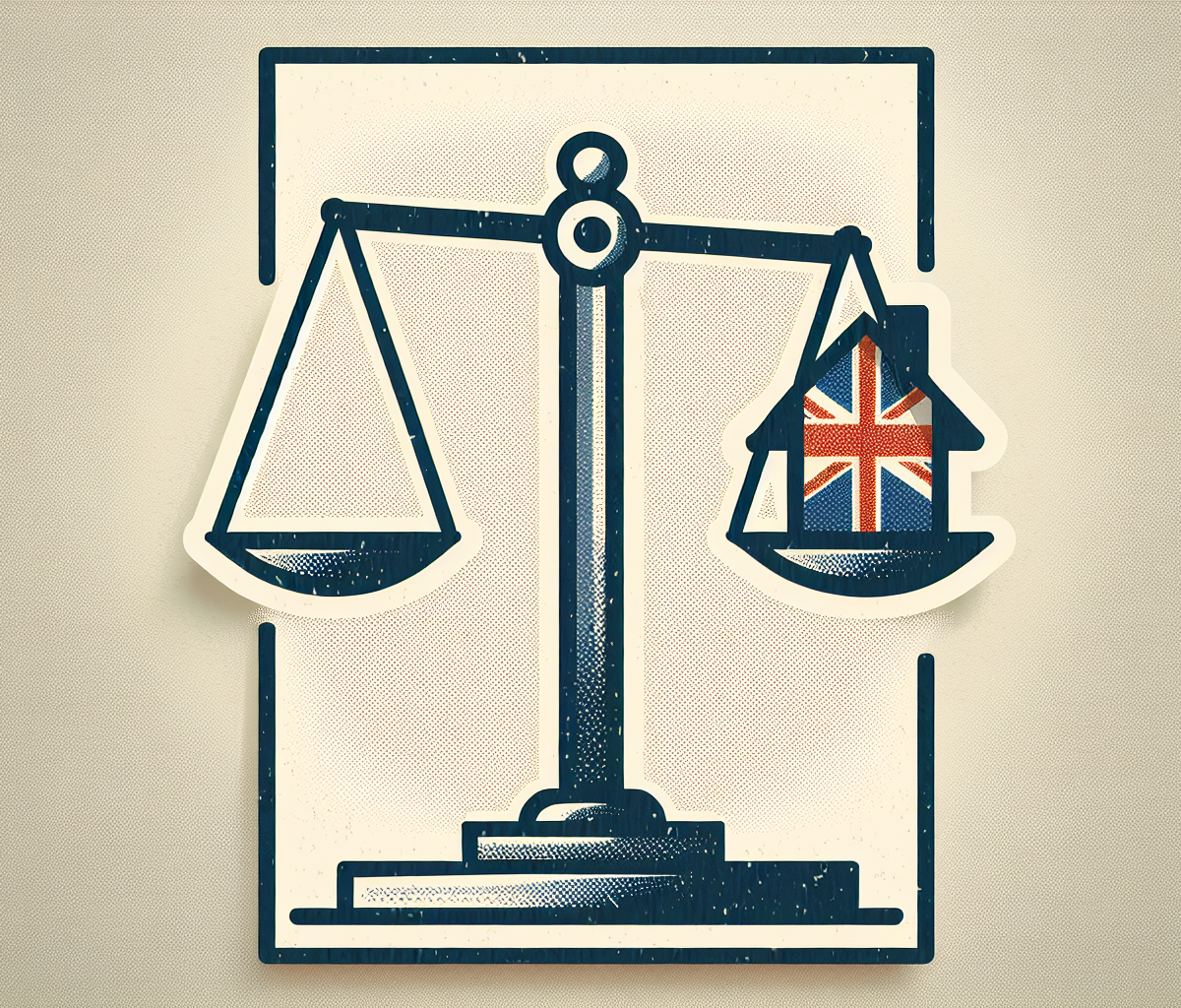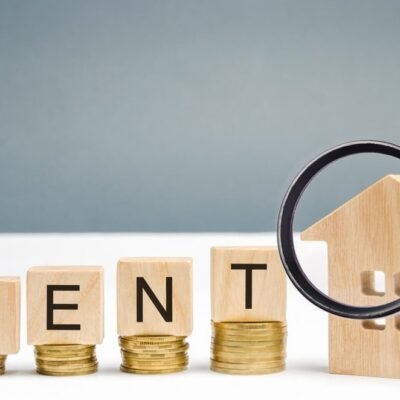What’s going on here?
UK home asking prices hit a record high of £375,131 ($474,578) in mid-May, despite high
mortgage
costs, according to a Rightmove report.
What does this mean?
The UK housing market is a tale of two stories. The average asking price rose 0.8% month-on-month – the weakest growth in 2024, but still marking a record high. Compared to last year, prices are only up 0.6%. Britain’s housing market had slowed due to expensive borrowing, but falling
inflation
is boosting household incomes and hinting at potential
interest
rate cuts. Rightmove’s director of property science cautioned that while spring has seen some movement, demand remains fragile due to high prices and elevated mortgage rates. The high-end market experienced the largest annual increase at 1.3%, and new price records were set across most regions, reflecting widespread escalations.
Why should I care?
For markets: Balancing act between price and demand.
The recent data points to a complex dynamic in the UK housing market. Despite reaching new highs, market growth is tepid, suggesting that while there’s appetite for homes, buyers are cautious. High borrowing costs and price sensitivity are key factors, and potential interest rate cuts could further influence market conditions. Investors should monitor these developments, as changes in borrowing costs can significantly affect housing demand and affordability.
The bigger picture: Economic shifts steer the housing ship.
Falling inflation is a double-edged sword for the housing market. On one hand, it has boosted incomes, providing some breathing room for households. On the other, persistent high mortgage rates continue to strain affordability. The regional price records indicate this is a nationwide trend, not confined to specific areas. The overall economic health, influenced by potential interest rate changes and inflation trends, will play a critical role in shaping the future of the UK’s housing sector.





